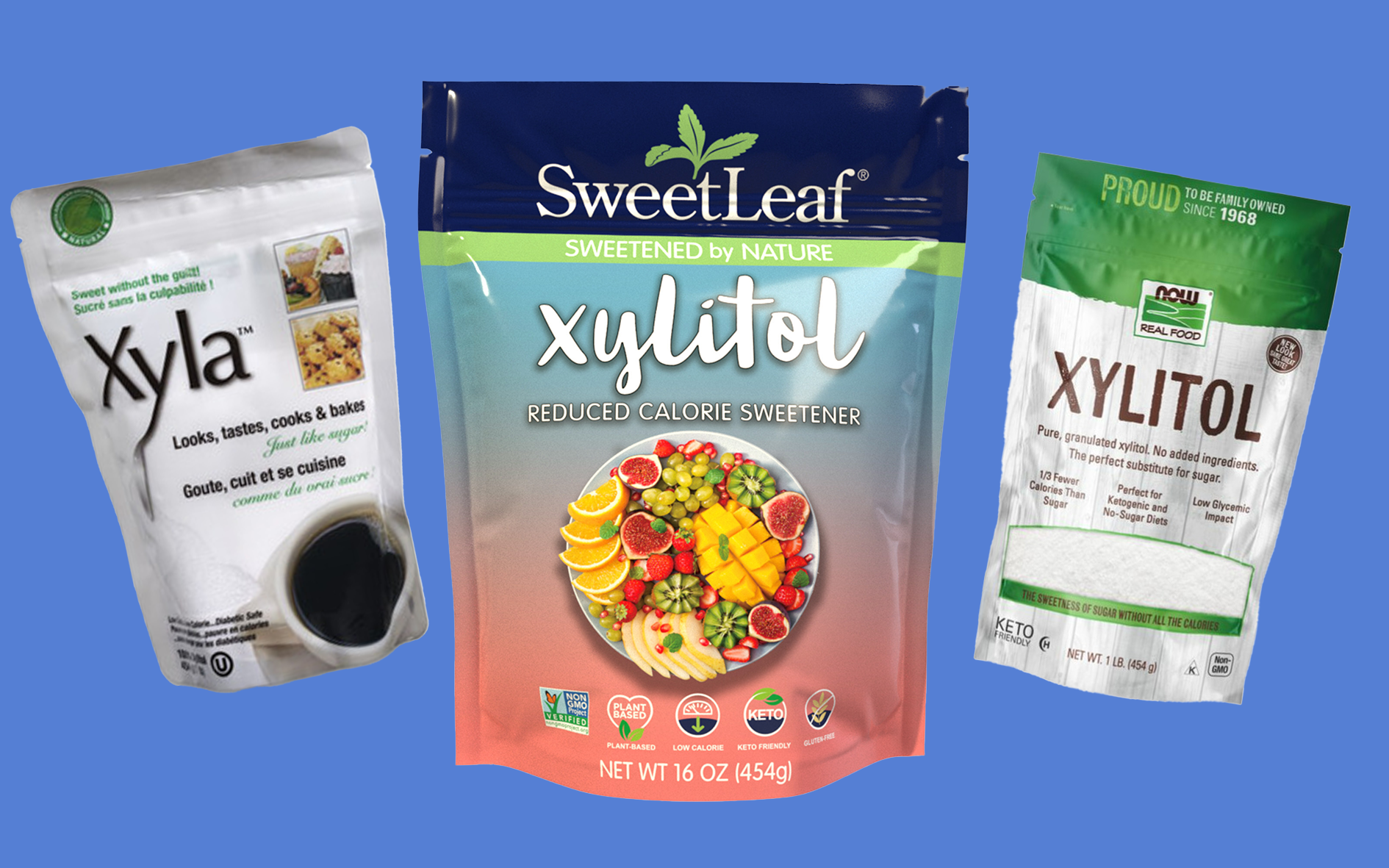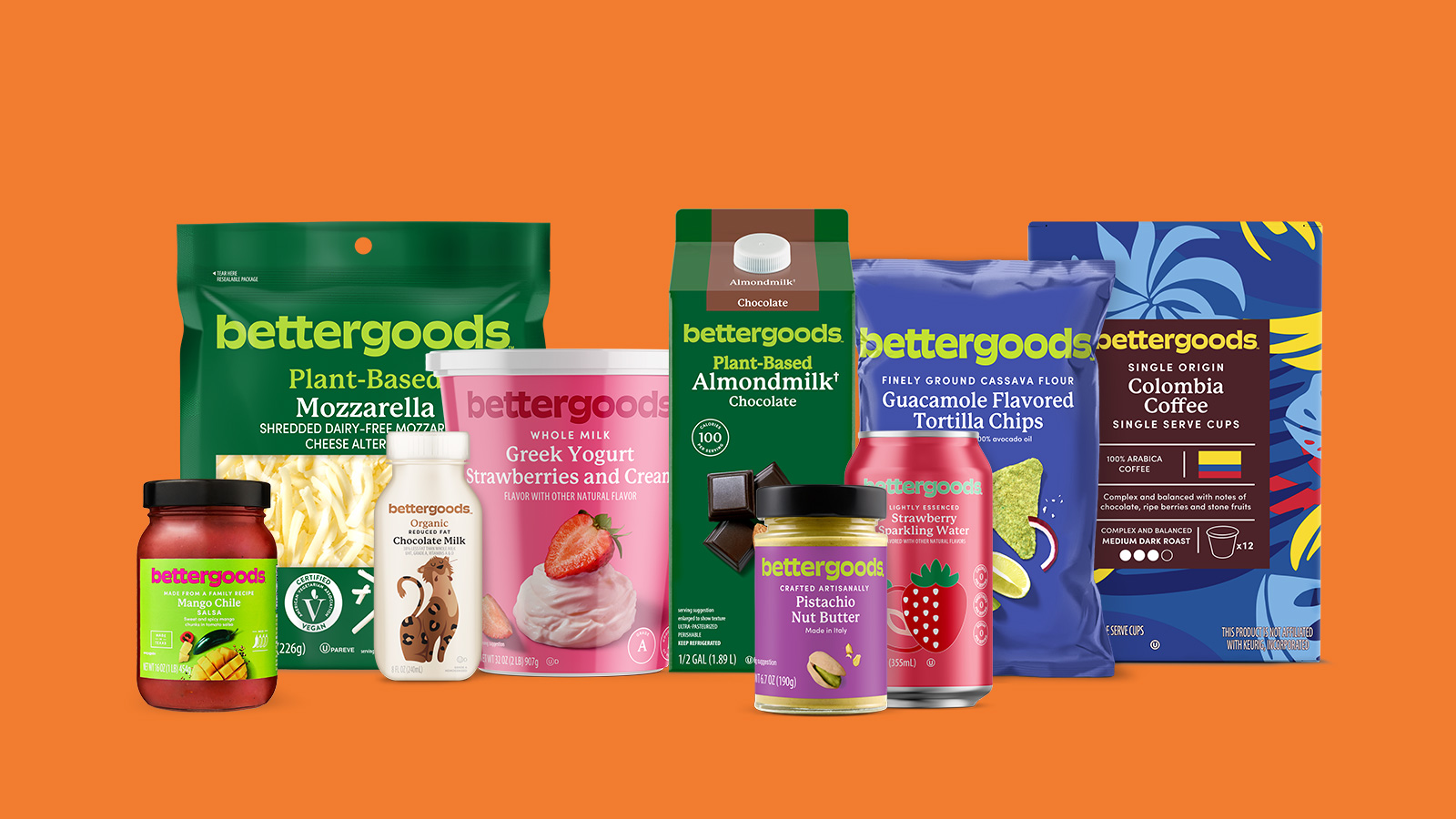How common is Salmonella in chicken? This question becomes crucial as the US Department of Agriculture (USDA) mandates lower Salmonella levels in certain frozen chicken items. To combat food poisoning, US agriculture officials introduced a final rule last Friday, mandating significant reductions in Salmonella bacteria in specific chicken products.
Starting in 2025, high levels of Salmonella in frozen breaded and stuffed chicken products will classify them as adulterated. This category includes items such as chicken cordon bleu and chicken Kiev, which may look cooked but are only partially heat-treated. This marks the first instance of the USDA classifying Salmonella in raw poultry as an adulterant, similar to the treatment of certain E. coli strains in raw ground beef.
Key Elements of the Rule
Reduction of Salmonella Levels: Poultry producers are now required to decrease Salmonella to very low levels in targeted chicken products, as a measure to prevent food poisoning. The new rule stipulates that Salmonella will be considered an adulterant when found above specified levels in breaded and stuffed frozen chicken products.
Related: New Rapid Salmonella Test Could Accelerate Poultry Safety
Protection for Consumers: Should Salmonella exceed allowed levels, the affected products will be withdrawn from the market to safeguard consumers from the severe health risks these infections pose.
Challenges and Need for Vigilance: Despite explicit cooking instructions on labels, the persistence of Salmonella-related illnesses underscores the necessity for strict regulations.
Foundation for a Broader Regulatory Framework: This rule covering a specific category of poultry products lays the groundwork for a broader regulatory approach, currently being developed, that treats Salmonella as an adulterant to enhance public health.
How Common Is Salmonella in Chicken?
The Centers for Disease Control and Prevention (CDC) estimates that Salmonella is the leading cause of foodborne illnesses, with chicken being a significant contributor. Approximately one in every 25 chicken packages at grocery stores is contaminated with Salmonella.
Annually, Salmonella infections impact over three million individuals in the US, leading to about 420 deaths. Since 1998, breaded or stuffed raw chicken products have been linked to at least 14 outbreaks and 200 illnesses, as per the CDC. A notable outbreak in 2021 resulted in numerous illnesses across 11 states, with 12 individuals hospitalized.
Other food products can also be contaminated with Salmonella. For example, last month, Trader Joe’s recalled specific fresh basil packages from 29 states following a Salmonella outbreak that affected 12 individuals. The recall soon extended to other fresh basil brands sold in Illinois and Missouri.
Expanding the Framework for Salmonella Regulation
This targeted regulation paves the way for broader Salmonella control measures, now under consideration by federal authorities. The proposal includes enhanced Salmonella testing at poultry processing plants and stringent production monitoring, and it focuses on three Salmonella strains responsible for a third of related illnesses.
Poultry industry representatives argue that existing government measures and industry efforts to reduce Salmonella in raw chicken are adequate. A National Chicken Council (NCC) spokesperson expressed concerns that the new rule could lead to processing plant closures, job losses and the removal of safe, convenient products from shelves without substantially improving public health.
This approach mirrors the USDA’s 1994 strategy to combat E. coli, initiated after deadly outbreaks linked to contaminated ground beef, which resulted in a reduction of related illnesses by more than 50 percent.
If you want your company to be featured on Xtalks.com, please email [email protected].












Join or login to leave a comment
JOIN LOGIN